News + Media
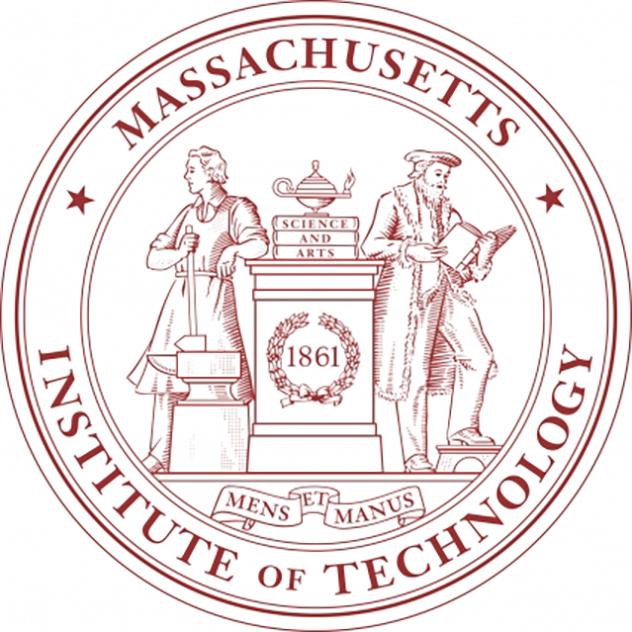
Six campus events to focus on the urgent challenges of climate change and climate action
MIT News Office April 22, 2019
The following letter was sent to the MIT community on April 23 by President L. Rafael Reif
To the members of the MIT community,
Starting next fall and ending on the 50th anniversary of Earth Day – a year from today – MIT will hold a series of...
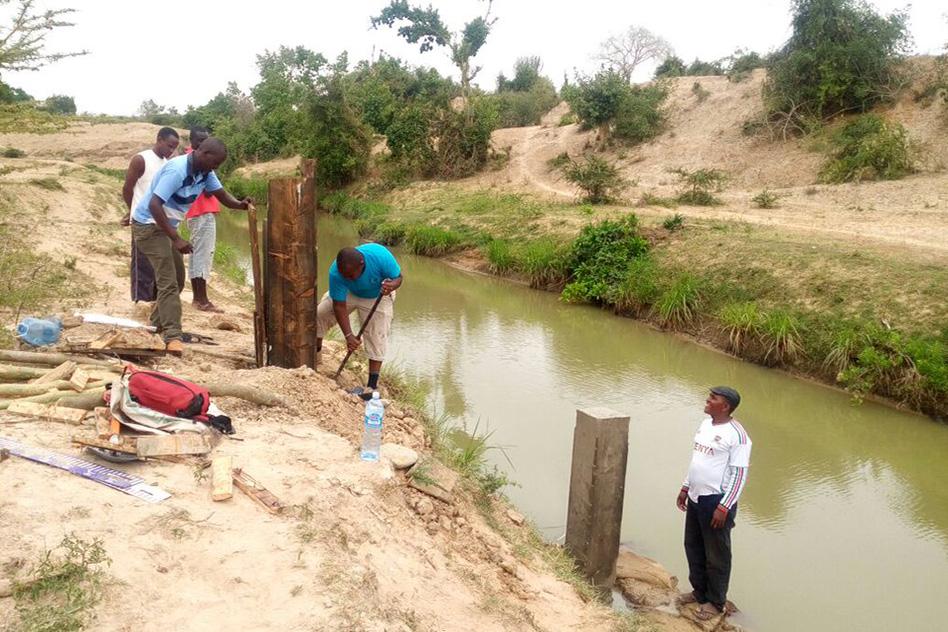
In Kenya’s second largest city, Mombasa, the demand for water is expected to double by 2035 to an estimated 300,000 cubic meters per day. In Mombasa’s current warm and humid climate, that water comes from a substantial volume of precipitation that may also change significantly as the region...
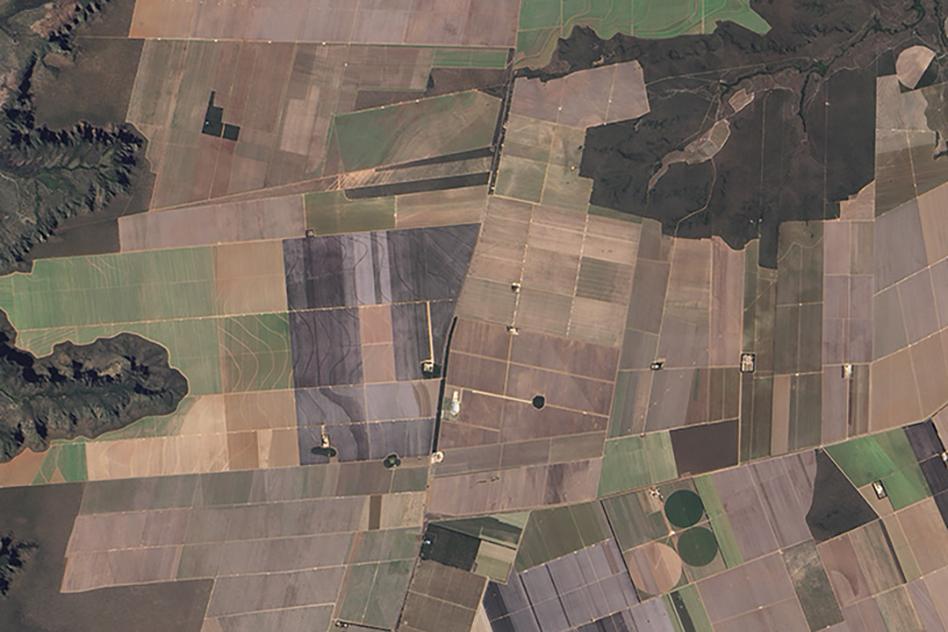
As the largest economy in Latin America and the seventh largest emitter of greenhouse gas emissions—primarily from agriculture (32%), land-use change and deforestation (28%) and fossil fuel consumption (27.7%)—Brazil plays a key role in global climate negotiations.
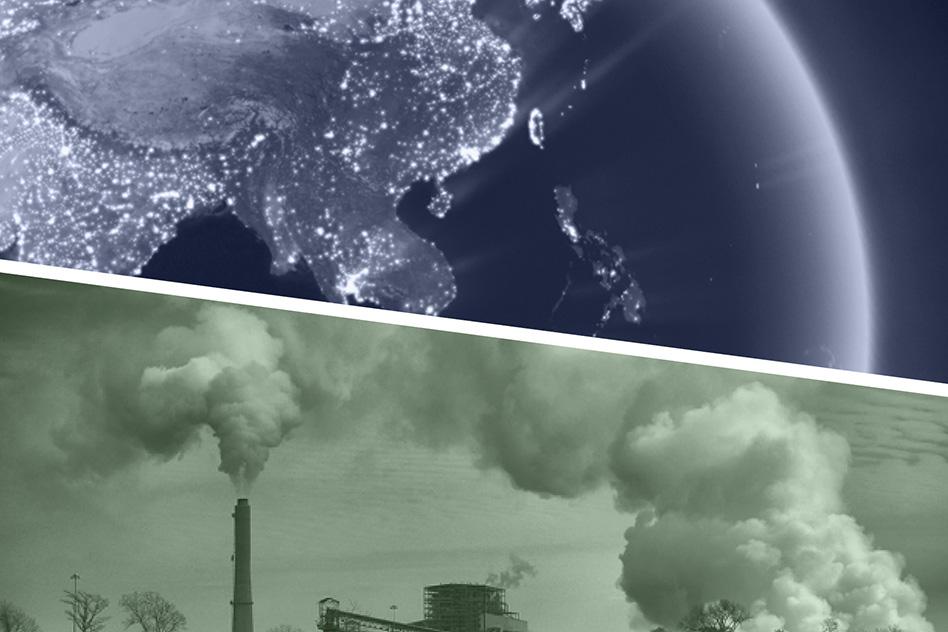
Growing demands on natural resources underscore need for risk assessment and response
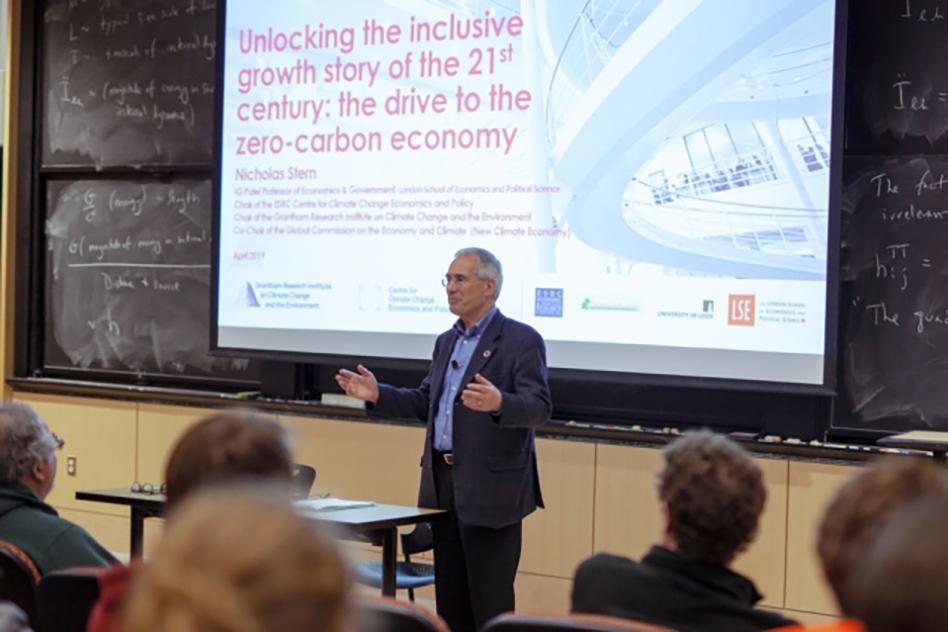
In MIT talk, Lord Nicholas Stern calls the next 20 years “absolutely defining” for society
Peter Dizikes | MIT News Office April 11, 2019
Prominent economist and policymaker Lord Nicholas Stern delivered a strong warning about the dangers of climate change in a talk at MIT on Tuesday, calling the near future “defining” and urging a rapid overhaul of the economy to reach net...
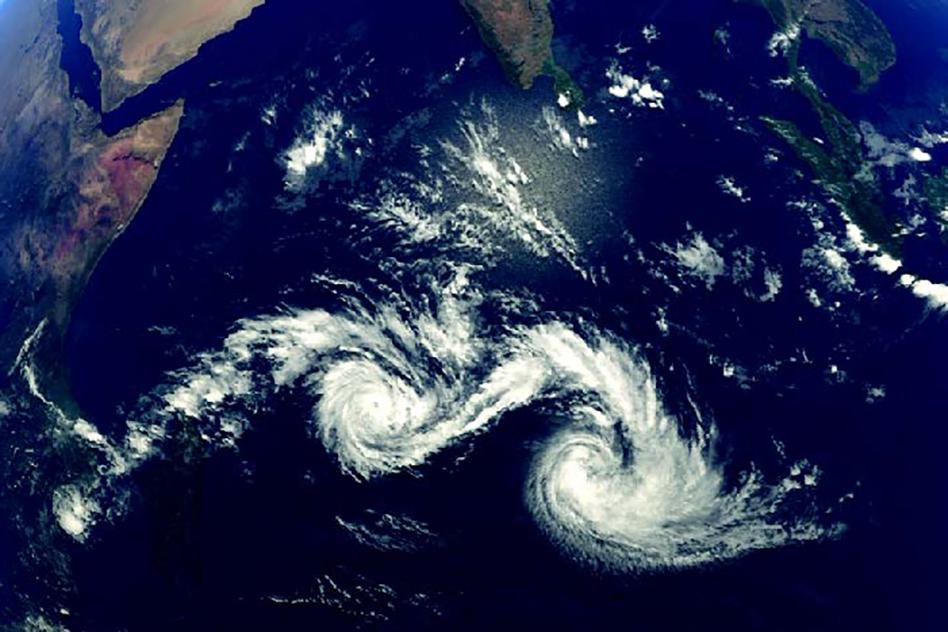
The pace of global change poses multiple risks to communities and ecosystems, but also presents unprecedented opportunities to address those risks and cultivate a more resilient and prosperous future.
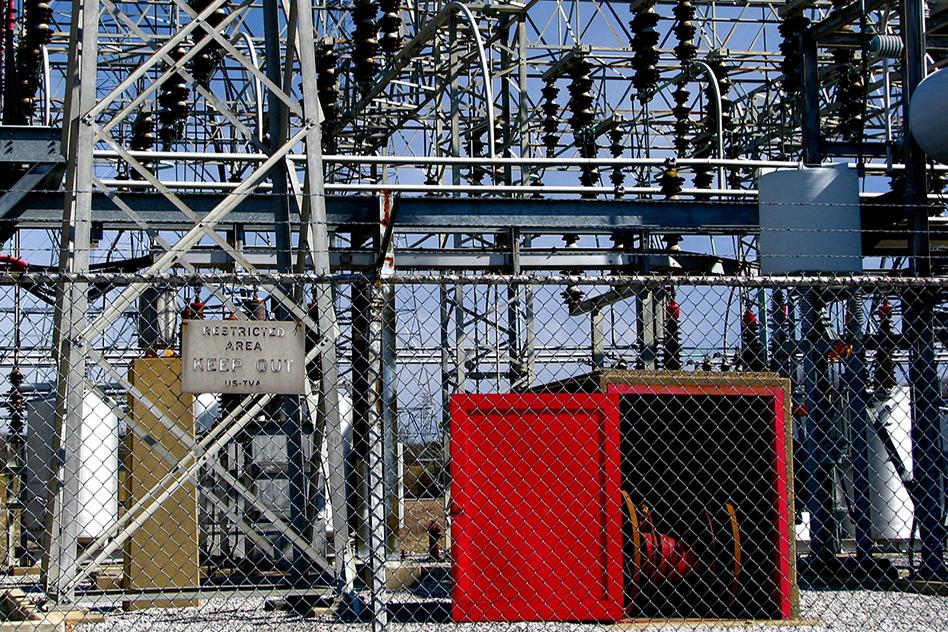
Joint Program extreme-weather-event modeling method featured in Scientific Computing World article on weather prediction
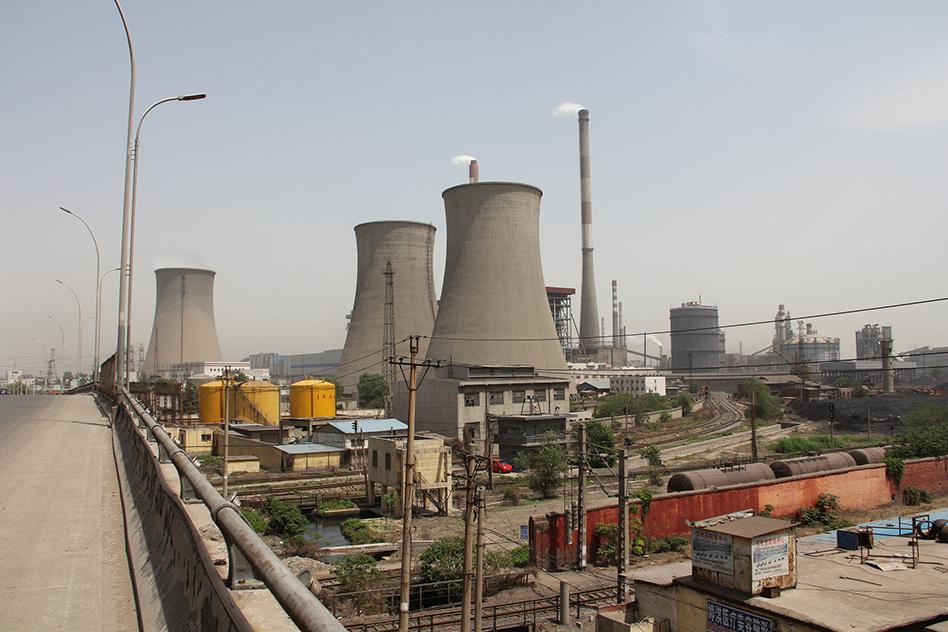
Climate policies around the globe remain woefully inadequate, says MIT CEEPR Deputy Director Michael Mehling (Washington Post)

Maike Sonnewald adapts a method that identifies areas of the global ocean with similar physics, revealing global dynamical regimes
Kelsey Tsipis | EAPS March 20, 2019
Oceanographers studying the physics of the global ocean have long found themselves facing a conundrum: Fluid dynamical balances can vary greatly from point to point, rendering it difficult to make global generalizations.
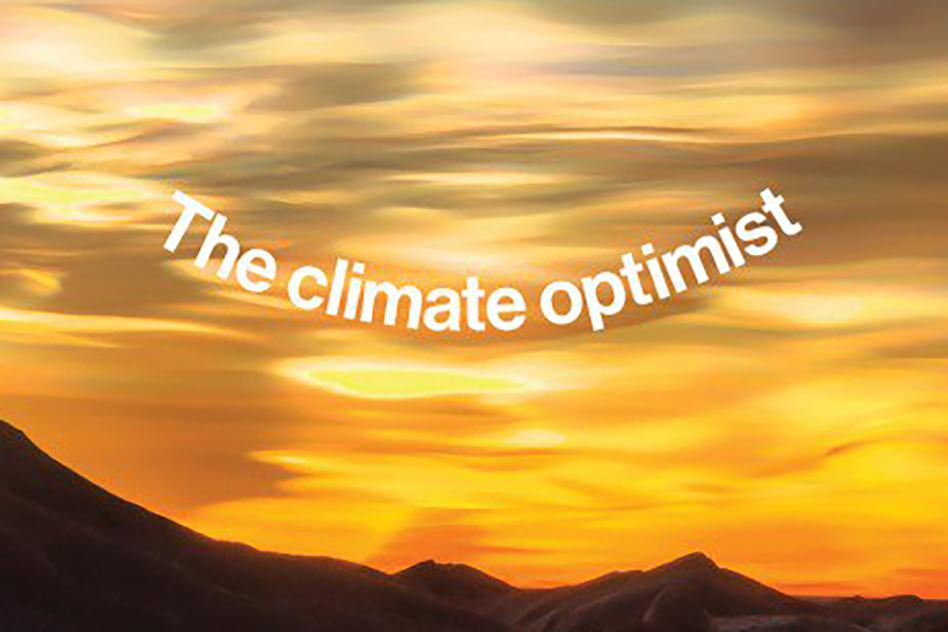
Susan Solomon’s research pinpointed how CFCs caused the Antarctic ozone hole—and later showed that the Montreal Protocol is helping to mend it. She’s convinced we can make progress on addressing climate change, too. (Technology Review)

